Digital Publishing
Transformation of Media Logic and
Cultural Ecology
By Zijing Ling
Digital technology has revolutionized the publishing industry, transforming it from print to digital. This transformation is not just a change in media form, but also a comprehensive innovation of knowledge production. Digital publishing has redefined the way information is created, disseminated and consumed, which leads to profound changes in the way society interacts with knowledge.
With the rise of e-books, magazines, and digital newspapers, digital publishing has become a dominant force in industry. By 2025, the number of digital readers worldwide is expected to reach 1.6 billion, consolidating its position as the industry norm. This shift reflects broader technological and cultural trends, including the increasing accessibility of digital devices and the growing demand for digital content.
There are a few reasons for the rise of digital publishing. For example, the introduction of HTML in the late 1990s broke the linear structure of traditional publishing and enabled dynamic updates and revisions. This changed publishing workflows and reader habits, making content more interactive and adaptive. Search engines have also completely changed the way users obtain information, making search engine optimization (SEO) a core strategy for publishers. Large publishers use SEO to maintain their dominance, while small publishers face fierce competition in an increasingly crowded digital environment.
The rise of Web 2.0 in the early 2000s and social media platforms has shifted media logic toward platformisation. Personalised content distribution through algorithms challenges traditional mass market strategies, while small publishers focusing on niche markets have established dedicated readerships, threatening mature organizations.
Digital publishing emphasizes interactivity. Informal communication networks among producers also promote decentralized crowdsourced knowledge, which enables greater diversity and innovation. Digital publishing has not only changed the publishing process but also triggered a major cultural shift. The purpose of knowledge production has increasingly become about enhancing mobility, and interest-driven methods have replaced professional methods. This has led to a decentralized structure where knowledge is more accessible and participatory.
